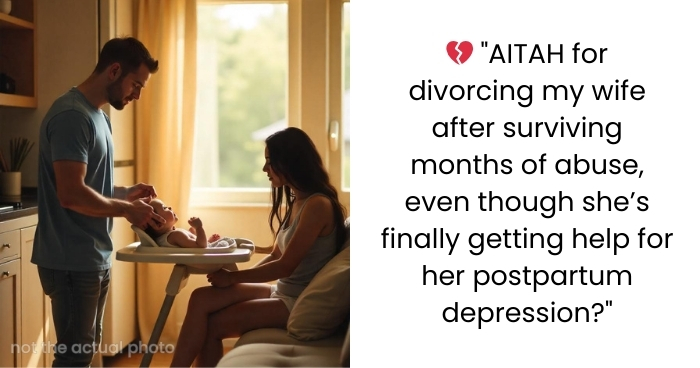‘AITA for going forward with divorce now that my wife is getting the help she needs?’
OP (29M) shares his emotionally raw story of enduring a drastic and destructive shift in his marriage after his wife (28F) became pregnant. What was once a loving, healthy relationship deteriorated quickly as his wife exhibited extreme mood swings, emotional abuse, and escalating violence throughout her pregnancy. Despite OP’s consistent pleas for her to seek help, she resisted every attempt, often gaslighting him into believing he was the problem.
The situation worsened postpartum, evolving from verbal abuse into outright physical violence. OP reached his breaking point after his wife smashed a coffee cup over his head during a minor argument — an incident caught on camera and requiring medical attention. As she spiraled, she was eventually forced by her own parents into therapy, where she was finally diagnosed and medicated. In a heartfelt letter, she apologized, took accountability, and begged for another chance — even canceling the divorce she had filed. Despite this, OP chose to move forward with divorce proceedings and seek full custody of their child, citing the irreparable damage and lost trust.
Now, OP is being labeled the “monster” by some family and friends for refusing to reconcile, with people pressuring him to “forgive” her now that she’s seeking help. OP feels torn but stands by his decision, wondering: AITAH for not giving her another chance despite her treatment for postpartum depression and recent apology?
Read for more info Reddit


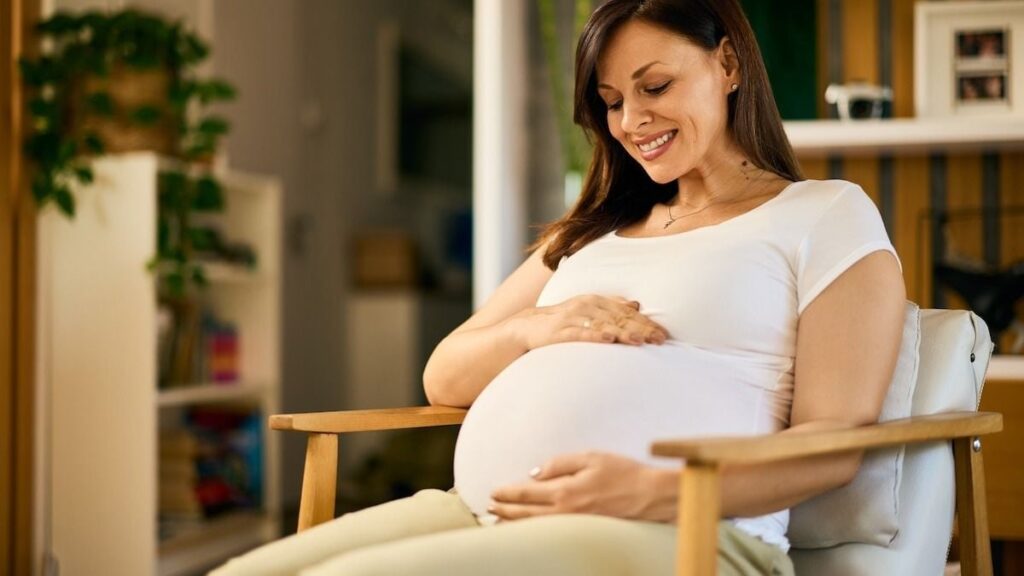


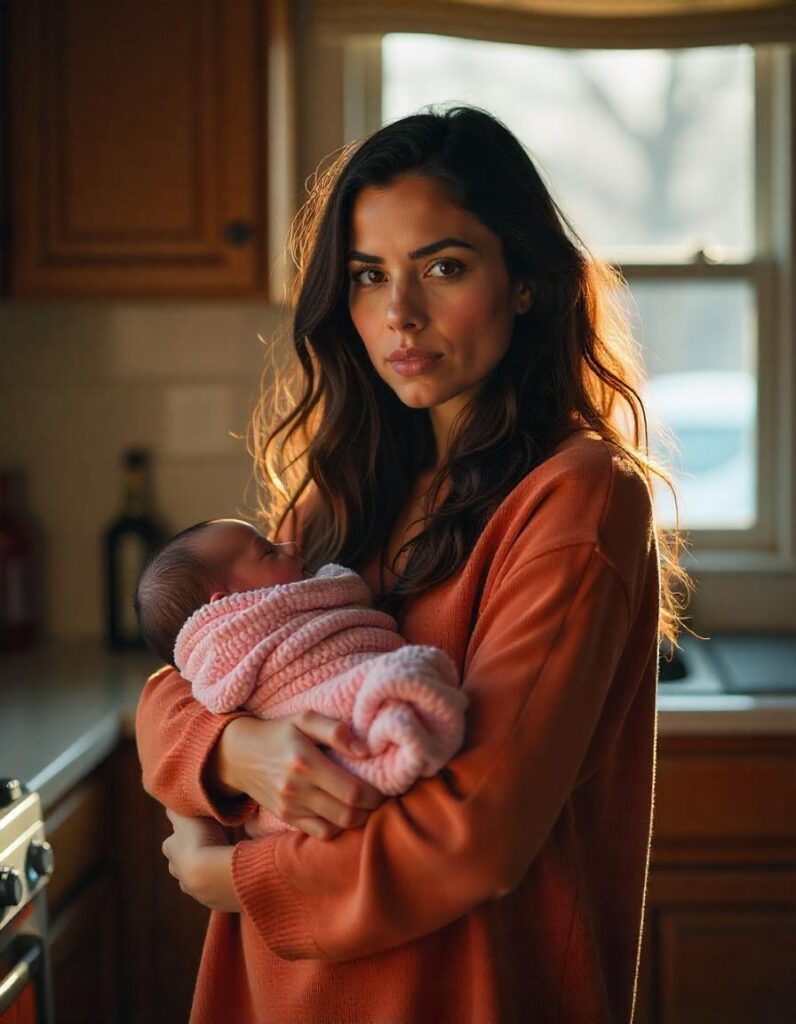


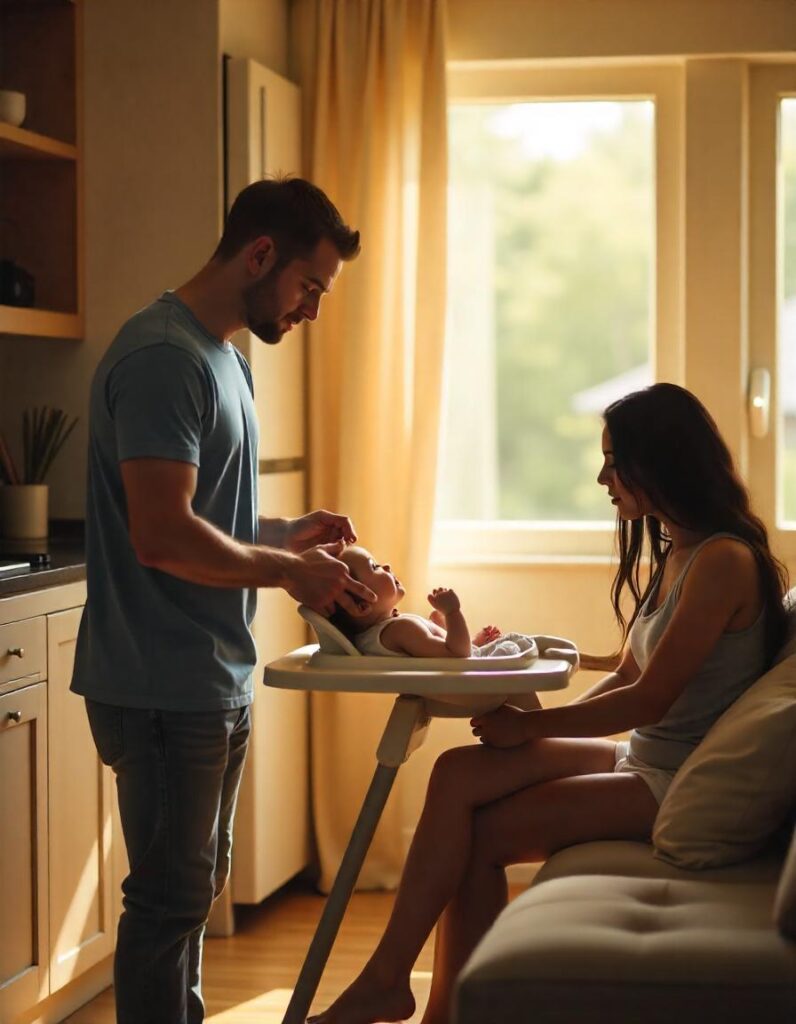


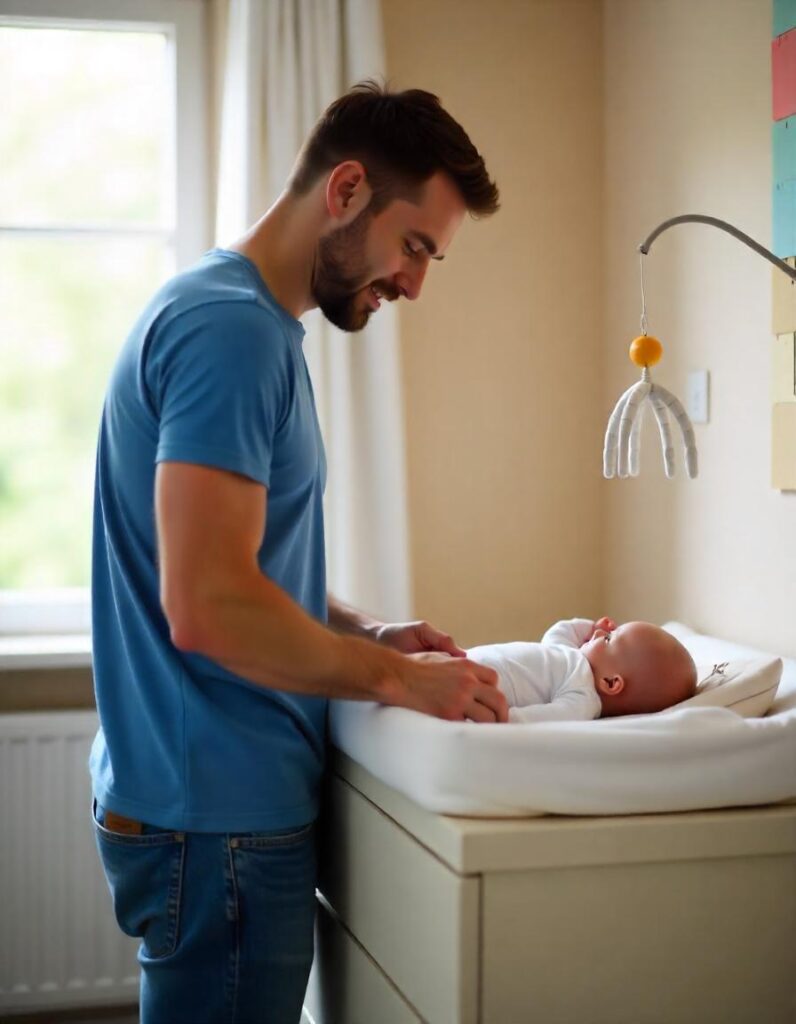







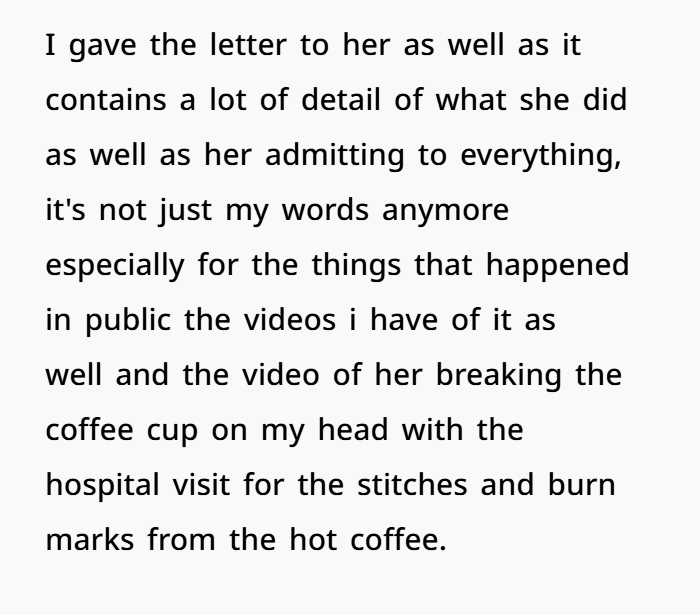






Impact of Postpartum Depression (PPD) on Behavior
According to the CDC (Centers for Disease Control and Prevention), approximately 1 in 7 women who have recently given birth will experience serious and complex mental health condition — PPD. These can be mood changes, angry, irritability, feelings of worthlessness, and difficulty with bonding with the baby, baby’s father or partner. Then, in extreme cases, postpartum psychosis can develop, which can explain erratic and violent behavior.
But PPD doesn’t automatically excuse abuse. Having mental health struggles has perspective, but not carte blanche, especially when the person does not seek treatment or assistance. Infamously, countless case studies and research, including the National Institute of Mental Health (NIMH), stress that early and proactive intervention is everything — while never at the compromise of a partner’s safety and well-being.
Underlying Legal Framework and Custodial Implications
With the documented abuse, the video and the medical records (including the hospital visit after the coffee cup incident!), OP is completely justified in going for full custody. For all genders, domestic violence is an important factor in custody disputes. U.S. family courts generally seek the “best interests of the child,” and one parent can greatly ruin their custody case if they have evidence of violent bursts and rants, especially when directed towards the child.
Judicial Background: Courts have granted sole custody of the child to the non-abusive parent if a pattern of continuing abuse exists. One of the most oft-cited California cases is In re Marriage of Freeman (1988) which shows the lengthy, careful analysis conducted by the appellate courts to ensure the best interests of the child for whom custody is sought (Freeman, at pp. 9, 15, 18): Though the court below expressed a desire to mend the rift between these two parents, the need of the child to have contact with at least one parent in a stable, non-violent environment was far more pressing than the need of either parent for reconciliation.
Moral Quandary: To Forgive or Save Themselves
The idea of “keeping the family together” is an alluring lure that society sells but it is unethical for us to force the hands of domestic violence victims to be with their abusers, long after trust and safety have been broken. Therapists working with survivors of abuse give this kind of trauma-informed advice, and it is fully in line with OP’s decision to put his own mental health and that of his child first.
Reuniting is not a requirement of forgiveness. Not only is it reasonable for him to acknowledge her condition and her progress, but there is also no responsibility for OP to get back together with someone who made him feel unsafe — and there’s a child involved, in at least that type of learning phase.
Here’s what people had to say to OP:









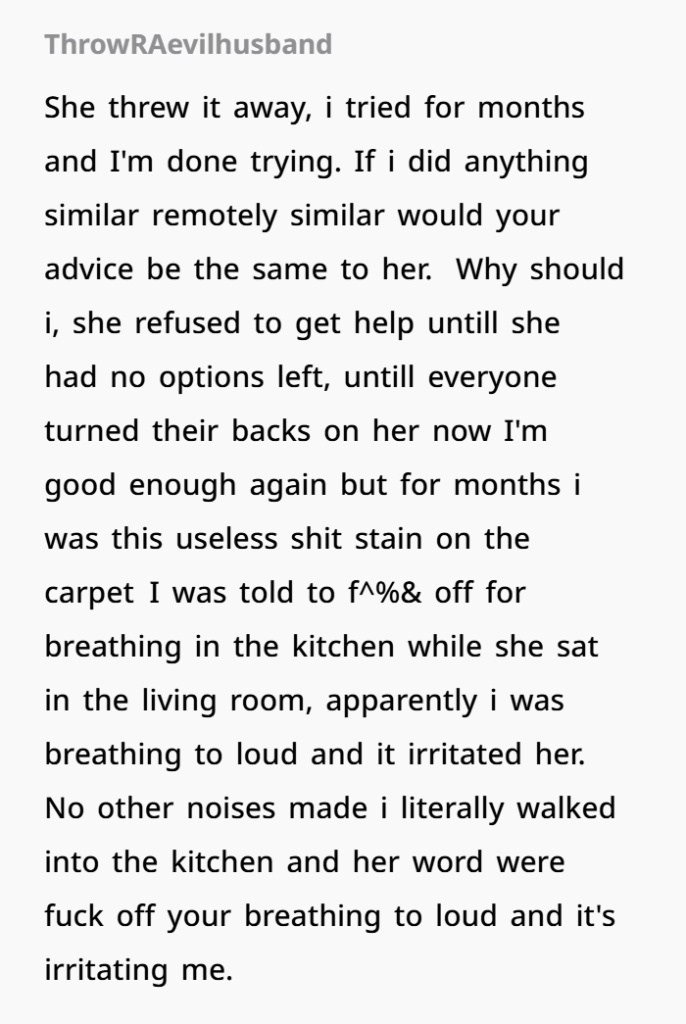

You put your all into saving the marriage, which is far more than most would do, doing everything within your power to support your wife through a challenging time. You survived emotional, verbal and physical abuse, sought help, and safeguarded your child. Though she’s finally getting the support she should have had all along, it doesn’t make your feelings of being torn wrong — but it doesn’t undo the things that happened or the dangers to your life that were there.
Getting a divorce, and full custody, is not cruel — it is common sense. It saves you and your child from future harm. No PPD involved, no abuse — even ongoing, habitual abuse — with a child who is very quickly beginning to grow up into a vulnerable adult — is a deal breaker.
It is not the 1950s – and the expectation that men just endure abuse (or “man up” to keep a family together) is not only old-fashioned, it is also dangerous. Standing your ground serves two purposes; one is to protect yourself and the other is to show your child that it is okay to have healthy boundaries as well.

